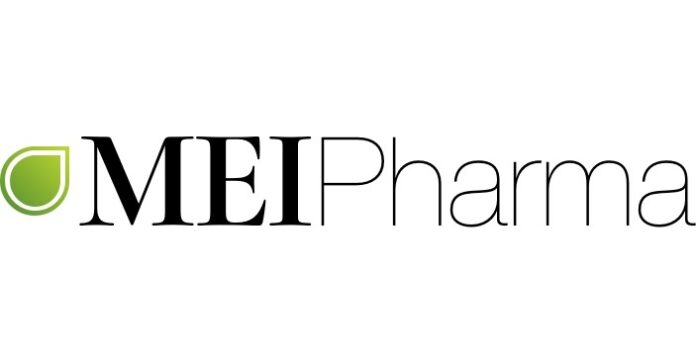SAN DIEGO & BEDMINSTER, N.J.– MEI Pharma, Inc. (NASDAQ: MEIP), a late-stage pharmaceutical company focused on advancing new therapies for cancer, and Kyowa Kirin, Inc., an affiliate of Kyowa Kirin Co., Ltd. (Kyowa Kirin, TSE: 4151), a global specialty pharmaceutical company that utilizes the latest biotechnology to discover and deliver novel medicines, today announced that the U.S. Food and Drug Administration (FDA) granted orphan-drug designation (ODD) to zandelisib for the treatment of follicular lymphoma.
Orphan-drug designation is granted by the FDA to a drug or biologic intended to treat a rare disease or condition, which generally includes a disease or condition that affects fewer than 200,000 individuals in the U.S. ODD granted therapies entitle companies to development incentives including tax credits for qualified clinical trials, exemptions from certain FDA application fees, and the potential of seven years of marketing exclusivity in the event of regulatory approval. ODD does not shorten the duration of the regulatory review or approval process.
Zandelisib, a selective PI3Kδ inhibitor, is an investigational cancer treatment being developed as an oral, once-daily, treatment for patients with B-cell malignancies. In March 2020 the U.S. FDA granted zandelisib Fast Track designation for treatment of adult patients with relapsed or refractory follicular lymphoma who have received at least 2 prior systemic therapies.
In April 2020, MEI and Kyowa Kirin entered a global license, development, and commercialization agreement to further develop and commercialize zandelisib. MEI and Kyowa Kirin will co-develop and co-promote zandelisib in the U.S., with MEI booking all revenue from the U.S. sales. Kyowa Kirin has exclusive commercialization rights outside of the U.S. and will pay MEI escalating tiered royalties on ex-U.S. sales.
Ongoing zandelisib studies include the TIDAL study (NCT03768505), a global Phase 2 trial evaluating zandelisib as a single agent across two cohorts: the first cohort for the treatment of adults with r/r FL and the second cohort for r/r marginal zone lymphoma (MZL), in both cases after failure of at least two prior systemic therapies including chemotherapy and an anti-CD20 antibody. Enrollment in the FL cohort is complete; enrollment in the MZL cohort is ongoing. Subject to the results and discussions with FDA, data from each study cohort are intended to be submitted to FDA to support separate accelerated approval marketing applications under 21 CFR Part 314.500, Subpart H.
Also ongoing is the Phase 3 COASTAL study (NCT04745832) comparing zandelisib plus rituximab to standard of care chemotherapy plus rituximab, in patients with r/r follicular or marginal zone lymphomas who received ≥ 1 prior line of therapy, which must have included an anti-CD20 antibody in combination with chemotherapy or lenalidomide. COASTAL is intended to support marketing applications in the U.S. and globally. COASTAL is also intended to act as the required confirmatory study for potential U.S. accelerated approvals of zandelisib based on the TIDAL study.
Other ongoing studies include a Phase 2 pivotal study in Japan (NCT04533581) in patients with indolent B-cell non-Hodgkin’s lymphoma (iNHL) without small lymphocytic lymphoma (SLL), lymphoplasmacytic lymphoma (LPL), and Waldenström’s macroglobulinemia (WM) conducted by Kyowa Kirin.



